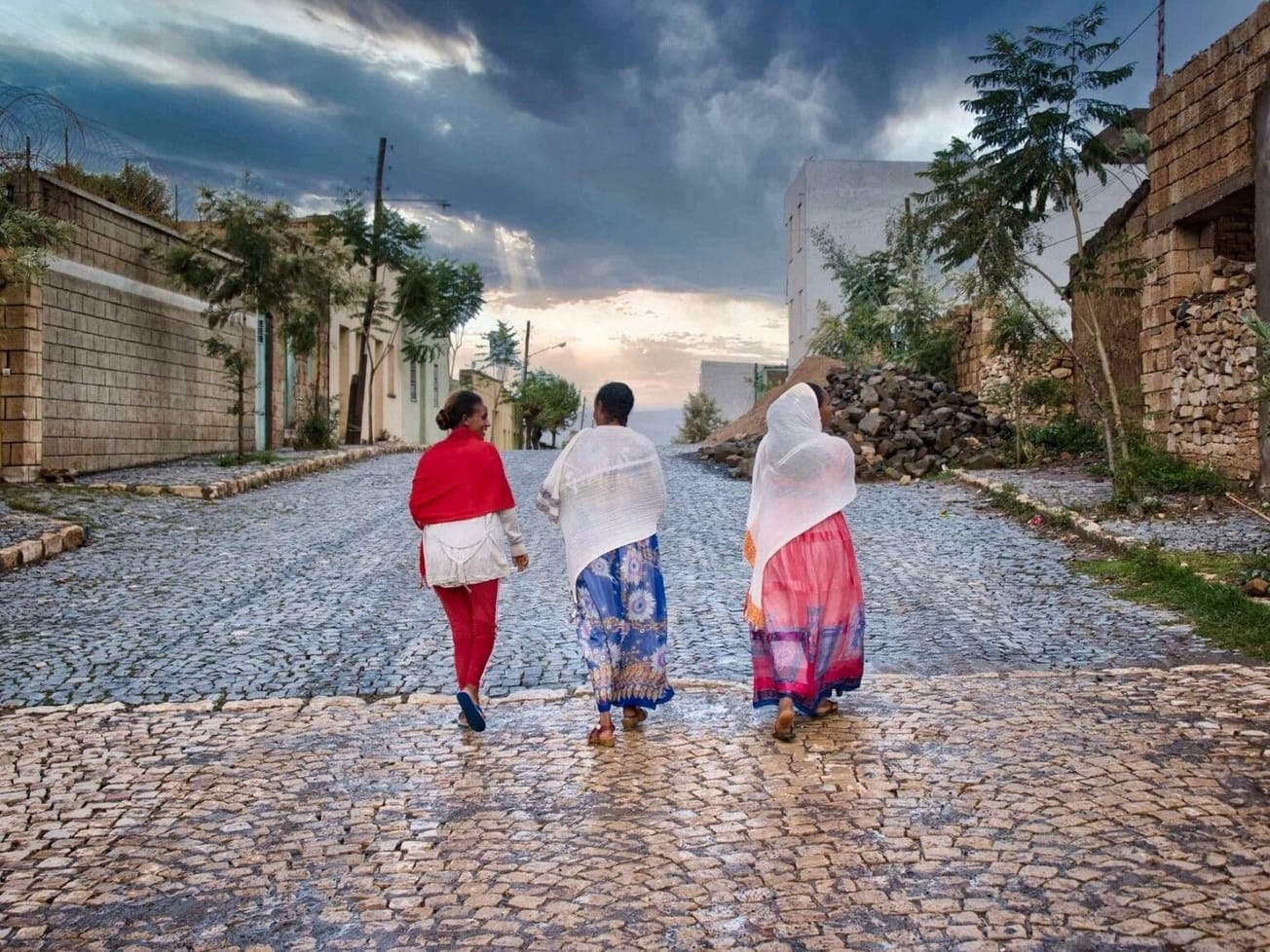After warning of "a full-scale humanitarian crisis" unfolding in Ethiopia, United Nations officials said on Friday about 32,000 people have fled the Tigray region and up to 200,000 more may follow in coming months.
"We are very worried with the situation in Ethiopia and particularly because of the dramatic humanitarian impact of what's happening," U.N. Secretary-General António Guterres told reporters at a press stakeout before a Group of 20 summit. "And we have been asking for the full respect of international humanitarian law and also for the opening of humanitarian corridors and the truces that might be necessary for humanitarian aid to be delivered in the areas of conflict."









